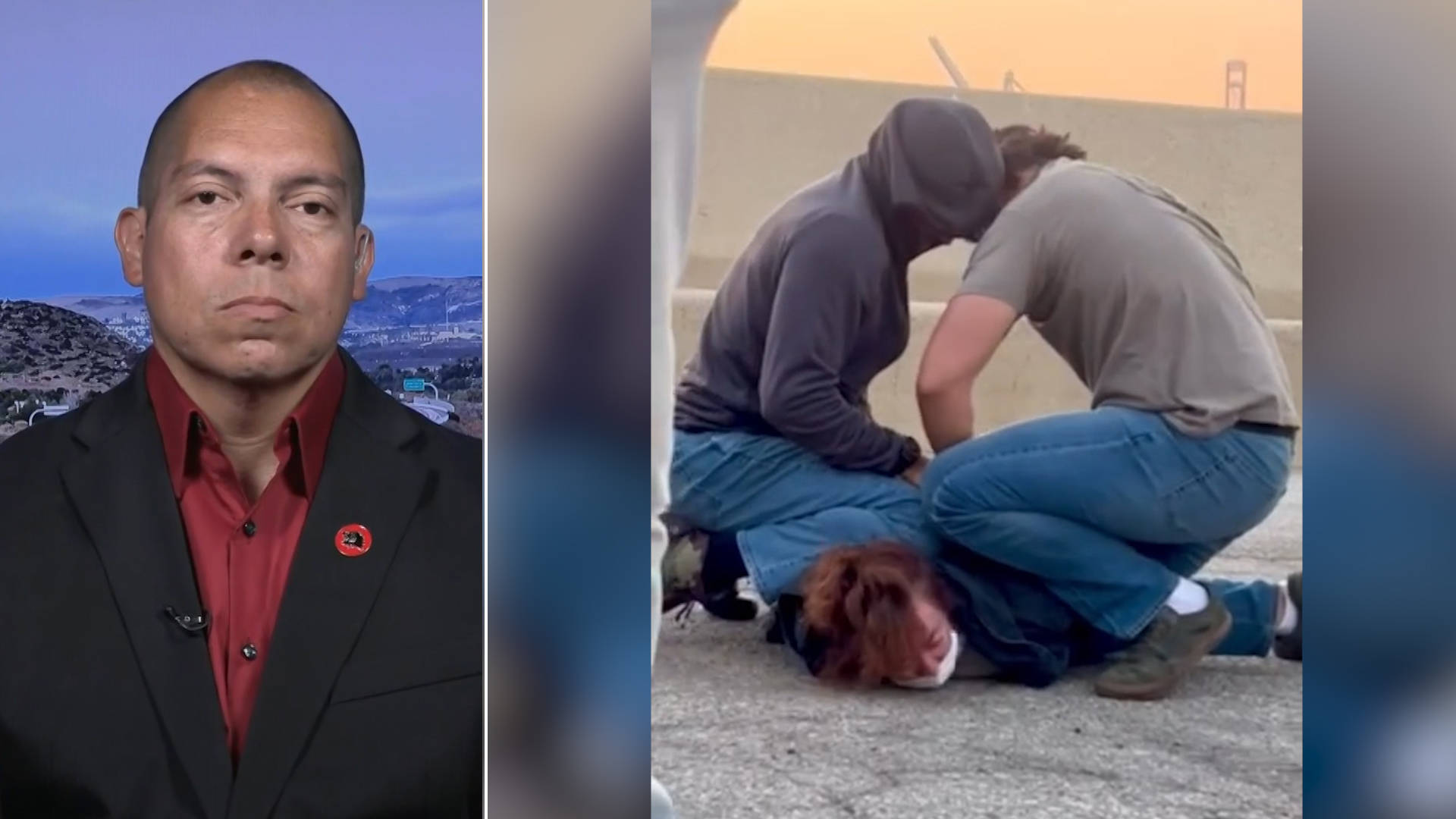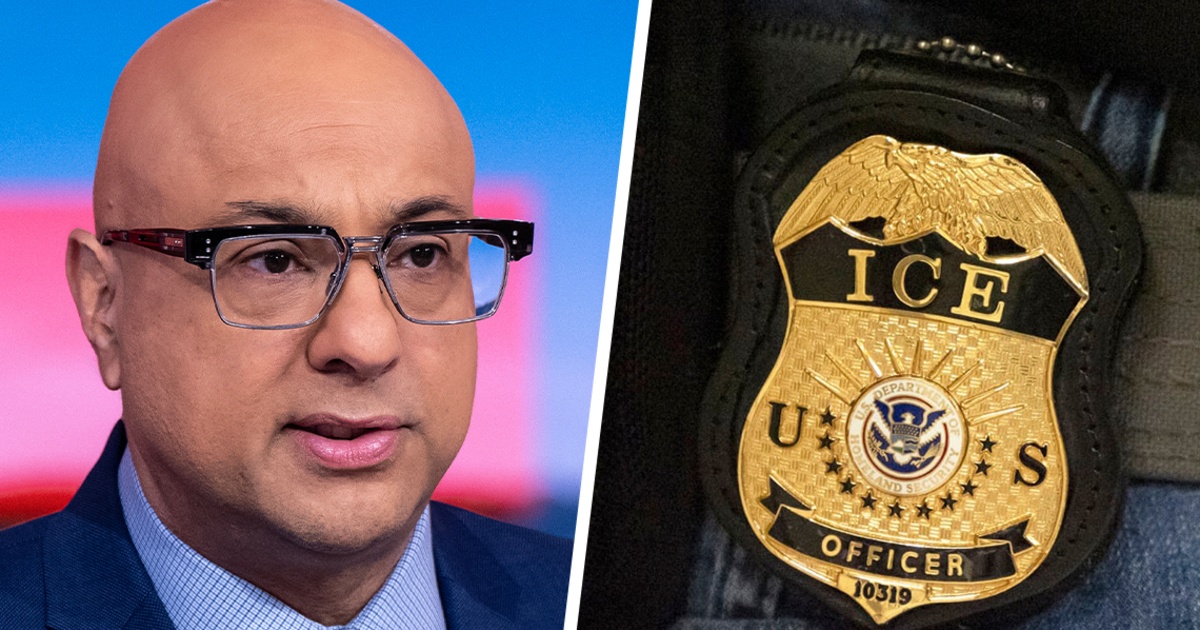Los Angeles Unified School District leaders are calling for limits on immigration enforcement near campuses after a 15-year-old boy with disabilities was pulled from a car, handcuffed, and briefly detained outside Arleta High School on Monday in what officials describe as a case of mistaken identity.
The incident happened around 9:30 a.m. on Monday, just days before more than half a million LAUSD students return to classrooms. According to Superintendent Alberto Carvalho, the student — who attends San Fernando High School — had gone to Arleta High with his grandmother to accompany a relative registering for classes.
While the family member was inside, several officers approached their vehicle, telling them they were not with Immigration and Customs Enforcement (ICE). However, Carvalho said district-reviewed video appeared to show both police and Border Patrol personnel.
The boy was removed from the car and placed in handcuffs.
“As our students return to school, we are calling on every community partner to help ensure that classrooms remain places of learning and belonging,” Carvalho said. “Children have been through enough — from the pandemic to natural disasters. They should not have to carry the added weight of fear when walking through their school gates.”
The teen was eventually released after school staff and Los Angeles police Intervened.
“The release will not release him from what he experienced,” Carvalho said during a news conference. “The trauma will linger. It will not cease. It is unacceptable, not only in our community, but anywhere in America.”
Parents like Yvonne, whose child attends school in the district, said the incident has left them shaken. “I was upset because our kids shouldn’t have to be going through this and being scared of coming to school, parents dropping them off. We shouldn’t be going through this,” she told KTLA.
Soon after the incident, parents received a recorded voice message from the principal, saying: “We are aware of reports of immigration enforcement activity in the area, near our campus. Our school has not been contacted by any federal agency.”
Many parents KTLA spoke with called the presence of federal agents near public school campuses shameful. “Our government, the administration had stated they were going to go after criminals. At a school, what criminals are you going to find? Kids trying to enroll — today’s orientation day,” parent Dorian Martinez said.
Board of Education President Kelly Gonez condemned the actions on social media, calling them “absolutely reprehensible” and part of the “continued unconstitutional targeting of our Latino community.”
The district says the detention underscores the need for strong protections as students return to school. In a statement Monday, LAUSD reaffirmed that “schools are safe spaces” and said immigration enforcement near campuses “disrupts learning and creates anxiety that can last far beyond the school day.”
Some parents fear that their children will be targeted simply because of the color of their skin, regardless of immigration status. “He fits that category,” Yvonne said of her child. “Where he’s on the darker side, and I feel like that’s who they’re attacking… that’s the main reason I tell him you better be careful and you don’t go with anybody.”
Ahead of the start of the school year, the district said it has contacted 10,000 families potentially impacted by immigration enforcement efforts, rerouted bus stops, deployed 1,000 central office staff to assist in school zones, and expanded virtual options for those too afraid to leave their homes.

https://ktla.com/news/local-news/disabled-teen-detained-ice-outside-school









